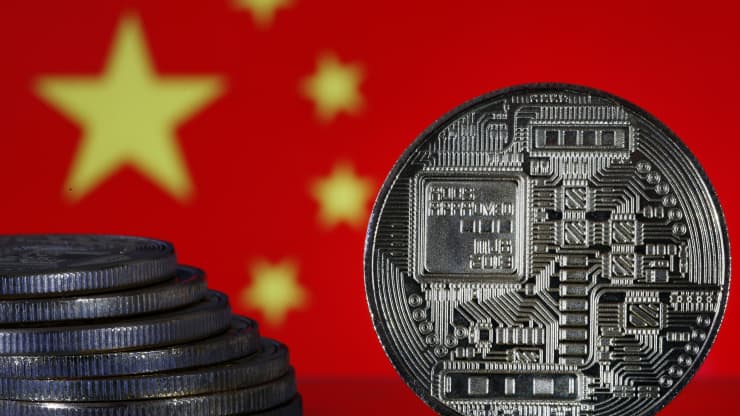Data collected by the World Intellectual Property Organisation (Wipo) showed that China applied for more than half of the 406 blockchain patent applications; patents specific to cryptocurrencies rose by 16 percent in 2017 to 602 overall, cryptocurrency patents are not included in the blockchain category; 6 of the top 9 patent filers from 2012 to 2017 were China based companies. Source.
Chinese consumers are increasingly using mobile payment technology; currently 57.7% of the country's internet users are using mobile payment services; the shift to mobile payments is being supported by the growth from fintech companies which has also helped to make China the world's leading fintech hub; four of the world's largest fintech unicorns, Ant Financial, Lufax, JD Finance and Qufenqi, all have their headquarters in China; Bitcoin is also popular in China, accounting for 42% of the digital currency's transactions; statistics also show mobile payment services advancing ahead of traditional bank offerings with Alipay reporting more than 50% market share in mobile payments; while the country has seen exponential growth from fintech services, Chinese regulators are evolving fintech regulations which could require greater compliance requirements from fintech companies. Source

The State Council's "Made in China 2025" initiative is seeking to transform China into a greater innovator of technology; the initiative seeks to capitalize on artificial intelligence, big data analytics and robotics and is being designated as a three-step national guideline; along with the initiative the country's State Council has identified 17 national-level innovation demonstration zones that will be allowed favorable policies in order to bolster their respective geographical strengths and support increased regional innovation. Source
A study by Citigroup shows China as the world's investment leader in fintech; says investment is being led by success from "Chinese dragons" including Ant Financial, Lu.com, JD Finance and Qufenqi; in the first nine months of 2016 fintech venture capital investment increased to 46% of the global total; the full Citi report can be found here. Source
The new private equity fund will invest in internet and other technology investments including artificial intelligence and internet finance; China Life will contribute up to 5.6 billion yuan ($840 million) and Baidu will contribute up to 1.4 billion yuan ($210 million); investments will focus on middle to late stage financing and according to Reuters will have a "significant association" with China. Source
China’s banking regulator is looking at potentially setting up regional bad-debt managers to deal with the collapse of the significant...
China has been looking to create a credit scoring system seen in many developed economies like the U.S. and the U.K.; initially asking 8 top companies to be involved, though they found it hard to form as companies were unwilling to share proprietary data with competitors; the PBoC is now tasked with having a industry wide system that does not favor giants like Alibaba and Tencent. Source.
China Merchants Bank is exploring biometric solutions for client identification; it has launched face recognition at ATMs as an option for identification; the bank has 1,000 ATMs in 106 cities and plans to offer face recognition at all of its Shanghai ATMs by the end of 2017. Source
Bank account applicants must now have assets at the bank averaging 5 million yuan ($730,000) per day over the past three months, this threshold is an increase from 50,000 yuan ($7,280); the changes are being enacted to help restrict capital outflows and ease depreciation of the yuan; sources also report that the Bank of China has taken steps to set additional terms for restricting capital outflow; China Construction Bank and the Industrial and Commercial Bank of China have reported they have no intention to implement similar rules. Source
China has designated some cities and entities to trial blockchain applications, underscoring the importance Beijing is attaching to this particular...


